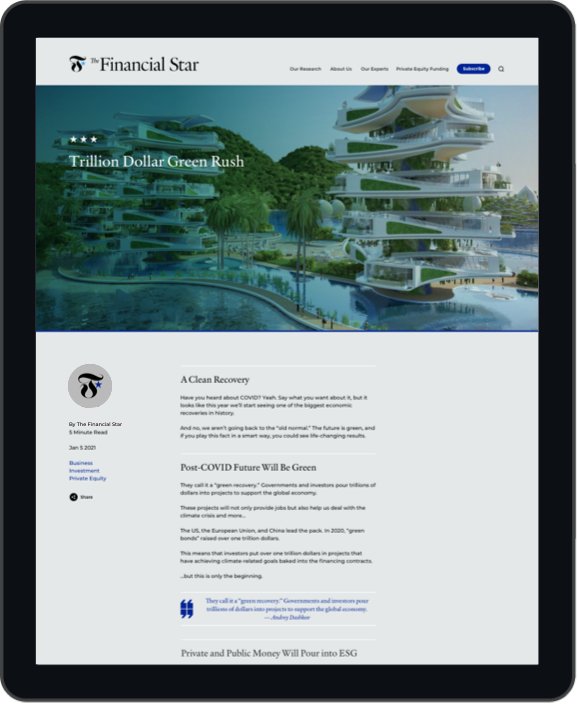Ghost kitchens (also called “cloud kitchens” or “dark kitchens”) are changing the food industry.
In simple terms, think of these as restaurants without any room for sitting. No tables, no waiters, no guests.
Just a kitchen with chefs and a line of delivery couriers waiting for orders made through apps like DoorDash or Uber Eats.
When you use an app like this, it’ll show you a familiar restaurant. So when you order from it, you’d think the food is cooked at the same location you’ve been to.
Sometimes it is the case, but sometimes the order is routed to a “ghost kitchen.”
The “dark chefs” working there know what “restaurant” the order is for. They know the menu and all the ingredients, and you wouldn’t even be able to tell that the food you ordered came from elsewhere.
One “dark kitchen” can serve multiple restaurant brands. So, when you’re with your friends and some of you go for pizza while others order burgers, both of your orders could be fulfilled by the same nondescript “ghost kitchen” serving both franchises.
Another Trillion-Dollar Trend
Here at The Financial Star, we talk about big trends.
And ghost kitchens are poised to become a trillion-dollar one by 2030.
Don’t take it from us alone. Euromonitor, a market research company, says that ghost kitchens will grow fast to reach over $1 trillion in market size.

The reason why ghost kitchens will grow to such a large size is in the chart.
They won’t only take market share from dine-in restaurants, they will also eat into the market shares of takeaway food, packaged snacks, and others.
Ghost kitchens will be the smartphone of the food industry. Your smartphone replaced several gadgets: a camera, a TV set, an alarm clock… Well, in a similar way, ghost kitchens will take market share from multiple food and food service industries.
Underpinning this growth are several factors…
What Drives the Growth of Ghost Kitchens
The most important reason is the pandemic. When lockdowns began, ordering food online became the only option for those who wanted to enjoy restaurant meals.
Now that the pandemic is under control, restaurant customers have formed new habits.
Ordering food through smartphone applications for delivery is one of them. It’s not going anywhere.
On the contrary, it will keep growing fast. In the US alone, the total estimated revenue from online ordering apps like Uber Eats and Doordash is projected to increase by 4.8x in 2025 compared to 2015.

Right now, there are about 1,500 ghost kitchens in the US. We won’t be surprised to see that number soar in the years ahead.
In other words, ordering food for delivery is here to stay. And ghost kitchens will be the first to benefit.
The pandemic did something else to help ghost kitchens grow. It caused restaurant closures. Over 16,000 restaurants closed in the US because of Covid, Yelp data showed. The actual number could be higher because not all restaurants are listed on Yelp.
So, there were thousands of perfectly outfitted cooking facilities for sale. And the ghost kitchen industry has been buying them up…
…with money coming from none other than some of the investment industry’s and Silicon Valley’s most famous names.
Billionaires Invest in Ghost Kitchens
Uber’s founder and former CEO Travis Kalanick was one of the ghost kitchens pioneers. In 2019, his company CloudKitchens was reported to have raised $400 million from investors.
Before that, Kalanick himself invested over $200 million into CloudKitchens.
Kalanick became a billionaire as a founder of Uber. His net worth is $2.8 billion.
Other former Uber executives have launched similar businesses. Virtual Kitchen, founded by Uber’s former managers, scored a $20 million investment from Peter Thiel, the founder of PayPal. His net worth is $4.6 billion.
This round came after another one, a $15.3-million financing by the world-famous venture capital company Andreessen Horowitz.
Andreessen Horowitz is one of Silicon Valley’s titans. It was one of the first venture capital funds to discover such household names as Facebook, Airbnb, Skype, and Lyft.
Kitchen United is another startup attracting massive capital in this space. Back in 2019, it raised about $50 million from Google’s investment arm, Google Ventures, and some of New York’s largest real estate firms.
C3, another virtual kitchen company, raised $80 million earlier this year. The funding was led by Brookfield Asset Management, a Toronto-based asset management company with over $600 billion under control.
In other words, some of the world’s biggest tech investors and real estate investing companies are putting money into this space.
In our opinion, watching it closely deserves your time.
Thank you for your loyal readership,
The Financial Star team













